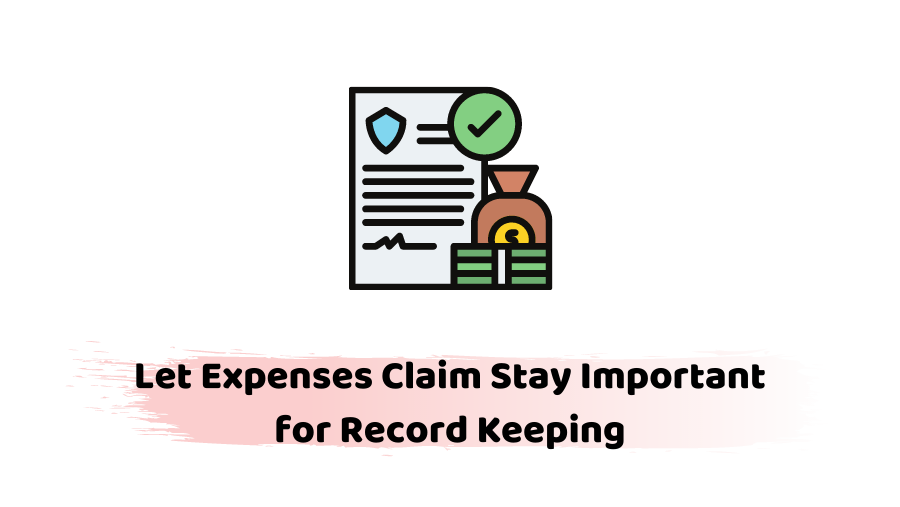Record keeping is the process of recording transactions and events in an accounting system.
For tax purposes, good record-keeping is essential. Complete records are required to provide accurate details of taxable income. Aside from the risk of paying more tax than is necessary, landlords failing to take their record-keeping obligations may get a penalty from HMRC.
Recording expenses – Record keeping
The deduction is available for expenses that incur wholly and only for rental business. A deduction is available for qualifying revenue expenses. The deduction is available for qualifying revenue expenses. of whether the accounts prepared on a cash basis or under the traditional accruals basis.
Revenue expenses vary and are those expenses which incur in the day to day running of the property rental business. They include:
- Office expenses
- Phone calls
- Cost of advertising for tenants
- Fees paid to a managing agent
- Cleaning costs
- Insurance
- General maintenance and repairs
A record contains all revenue expenses, supported by invoices, receipts, and suchlike.
Is the cash or the accruals basis in use or not is what the treatment of capital expenditure depends on. For most smaller landlords, the cash basis is now the default basis.
Deduct Prohibit capital expenditure unless you go for disallowance. The case is in relation to cars, land, and property.
A deduction is not given for capital expenditure, although in limited cases capital allowances may be available. Capital expenditure would include improvements to the property and new furniture or equipment which does not replace old items.
Records should identify whether the expenditure is capital or revenue and also whether it relates to private expenditure so that it can be excluded.
Records are to be saved in case of replacement for domestic items and the nature of those items. A deduction is available on a like-for-like basis.
Start date
Although the property rental business does not start until the property is first to let, records should start as soon as expenditure is incurred in preparation for the letting.
Allow relief for expenses incurred while the property islet. Relief is also available for expenses that relate to the property rental business. Which incur in the seven years prior to the start of the business. Relief is on the same basis as for expenses that incur after the start of the property rental business; expenses deduct as long as they incur wholly and exclusively for the purposes of the property rental business. Capital expenditure treat’s in accordance with rules applying to the chosen basis of accounts preparation.
Relief is available under the pre-trading rules, as long as:
- The expenditure that incurs within a period of seven years before the date on which the rental business started
- Expenditure is not otherwise allowable such as a deduction for tax purposes
- The expenditure will allow as a deduction has it incur after the rental business starts
Relief
Relief is by treating the expenses as if they incur on the first day of the property rental business.
Expenses incurred in getting a property ready to let can be significant. It is important that accurate records keep all expenditures incurred wholly and exclusively for the purposes of the let from the outset that no one is overlooking the valuable deductions.
Additional Notes: ITTOIA 2005, s. 57; CTA 2009, s. 61.





















































